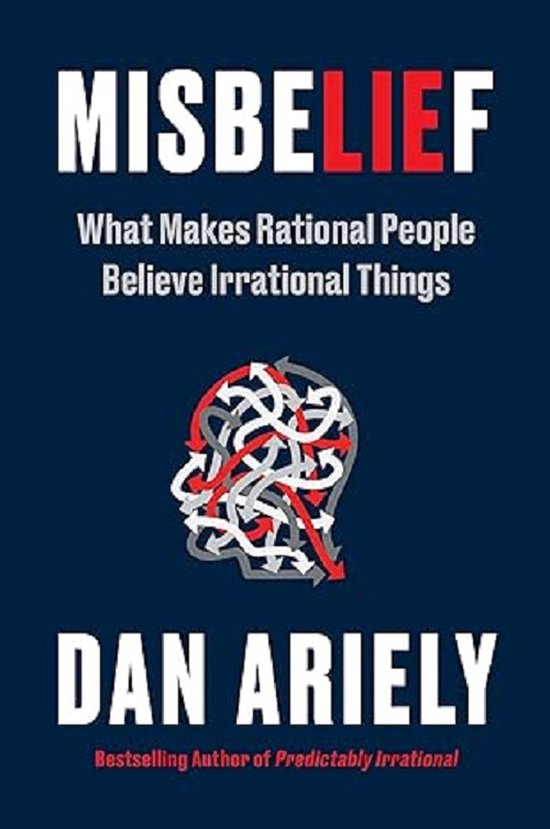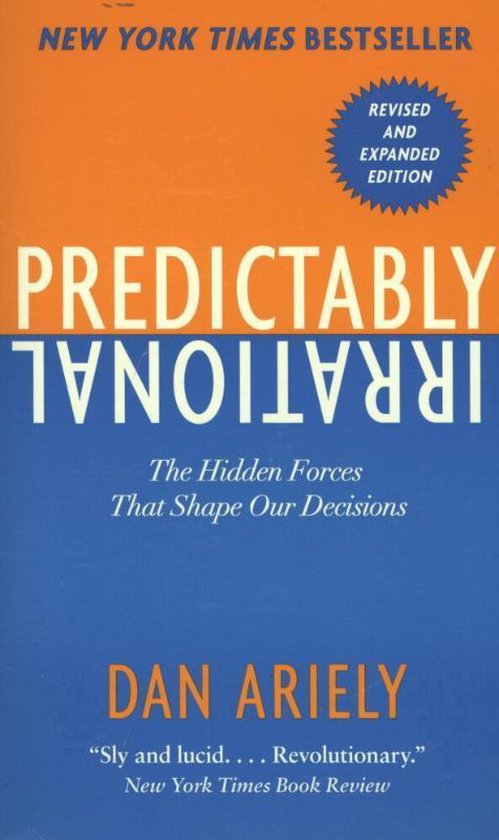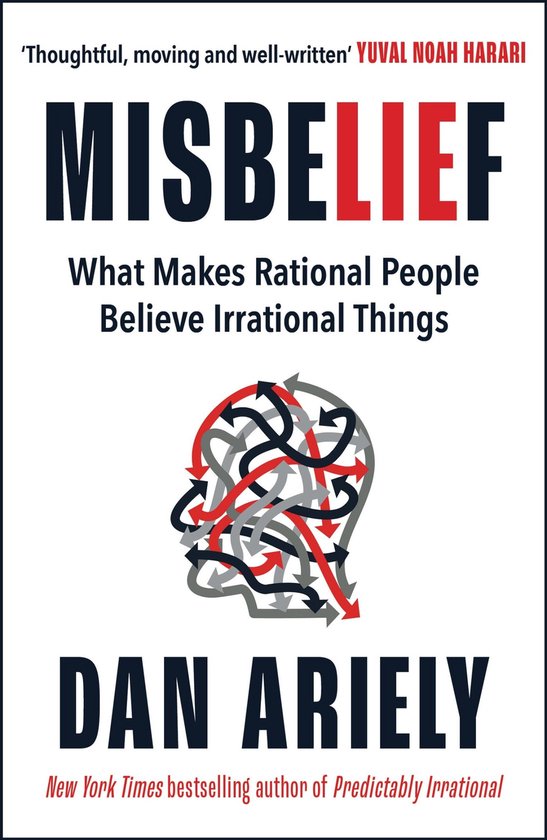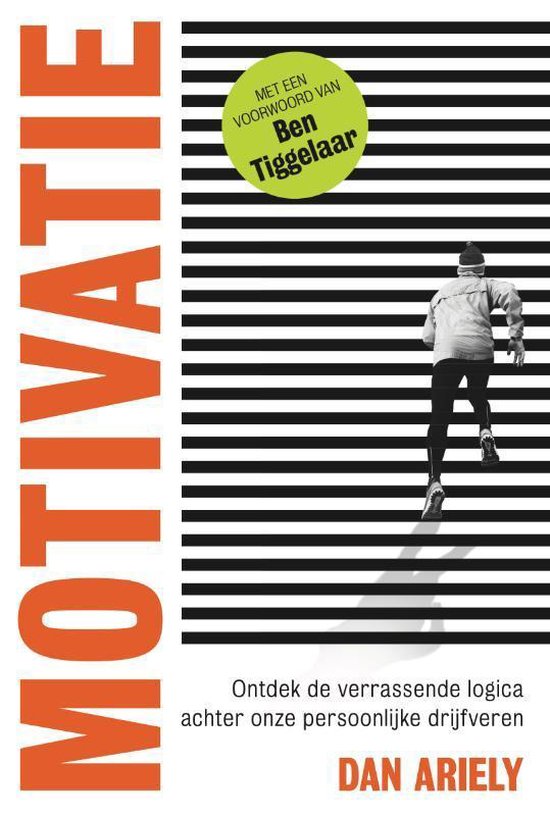Misbelief

Op voorraad. Voor 23:59 uur besteld, dinsdag in huis
The renowned social scientist, professor, and bestselling author of Predictably Irrational delivers his most urgent and compelling bookan eye-opening exploration of the human side of the misinformation crisisexamining what drives otherwise rational people to adopt deeply irrational beliefs.
Misinformation affects all of us on a daily basisfrom social media to larger political challenges, from casual conversations in supermarkets, to even our closest relationships. While we recognize the dangers that misinformation poses, the problem is complexfar beyond what policing social media alone can achieveand too often our limited solutions are shaped by partisan politics and individual interpretations of truth.
In Misbelief, preeminent social scientist Dan Ariely argues that to understand the irrational appeal of misinformation, we must first understand the behavior of misbeliefthe psychological and social journey that leads people to mistrust accepted truths, entertain alternative facts, and even embrace full-blown conspiracy theories. Misinformation, it turns out, appeals to something innate in all of uson the right and the leftand it is only by understanding this psychology that we can blunt its effects. Grounded in years of study as well as Arielys own experience as a target of disinformation, Misbelief is an eye-opening and comprehensive analysis of the psychological drivers that cause otherwise rational people to adopt deeply irrational beliefs. Utilizing the latest research, Ariely reveals the key elementsemotional, cognitive, personality, and socialthat drive people down the funnel of false information and mistrust, showing how under the right circumstances, anyone can become a misbeliever.
Yet Ariely also offers hope. Even as advanced artificial intelligence has become capable of generating convincing fake news stories at an unprecedented scale, he shows that awareness of these forces fueling misbelief make us, as individuals and as a society, more resilient to its allure. Combating misbelief requires a strategy rooted not in conflict, but in empathy. The sooner we recognize that misbelief is above all else a human problem, the sooner we can become the solution ourselves.
- 1 Bekijk alle specificaties



Taal: en
Bindwijze: Paperback
Oorspronkelijke releasedatum: 19 september 2023
Aantal pagina's: 320
Kaarten inbegrepen: Nee
Illustraties: Nee
Hoofdauteur: Dan Ariely
Hoofduitgeverij: Collins
Originele titel: Misbelief: What Makes Rational People Believe Irrational Things
AI-gegenereerd: Nee
Dyslexievriendelijk: Nee
Editie: 1
Extra groot lettertype: Nee
Product breedte: 155 mm
Product hoogte: 30 mm
Product lengte: 229 mm
Studieboek: Nee
Verpakking breedte: 153 mm
Verpakking hoogte: 21 mm
Verpakking lengte: 229 mm
Verpakkingsgewicht: 308 g
eWaste: Nee
EAN: 9780063280427